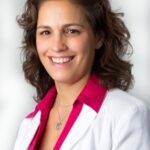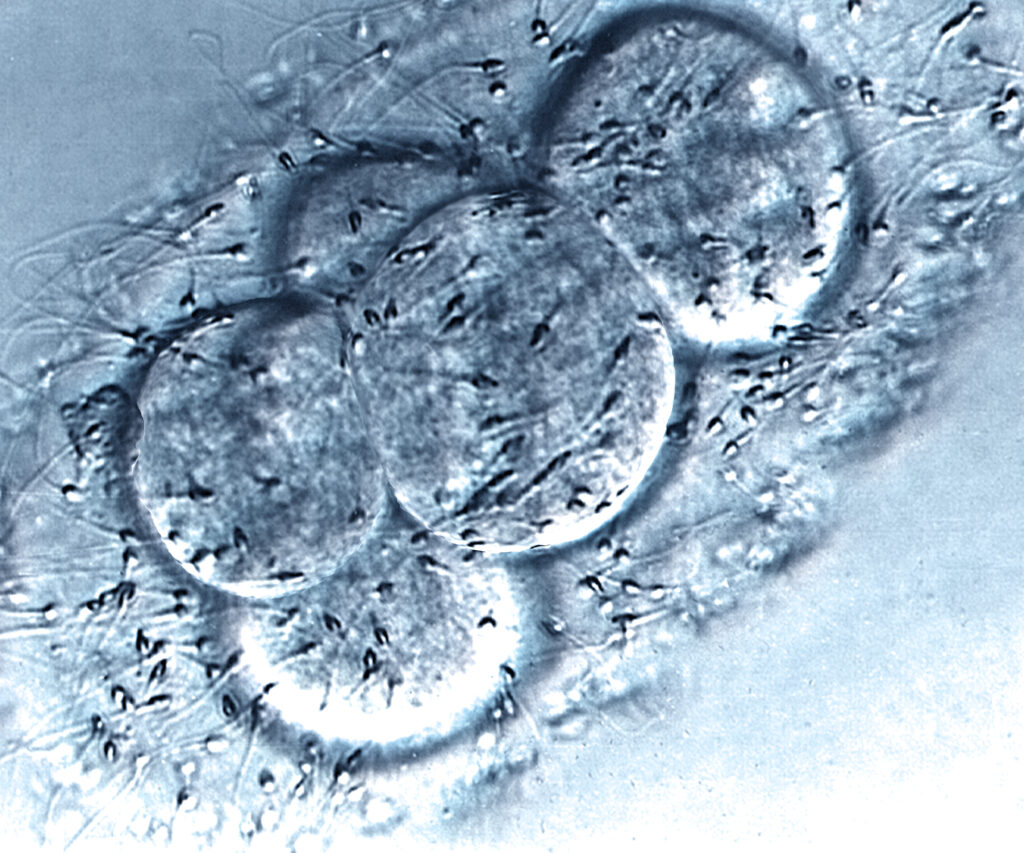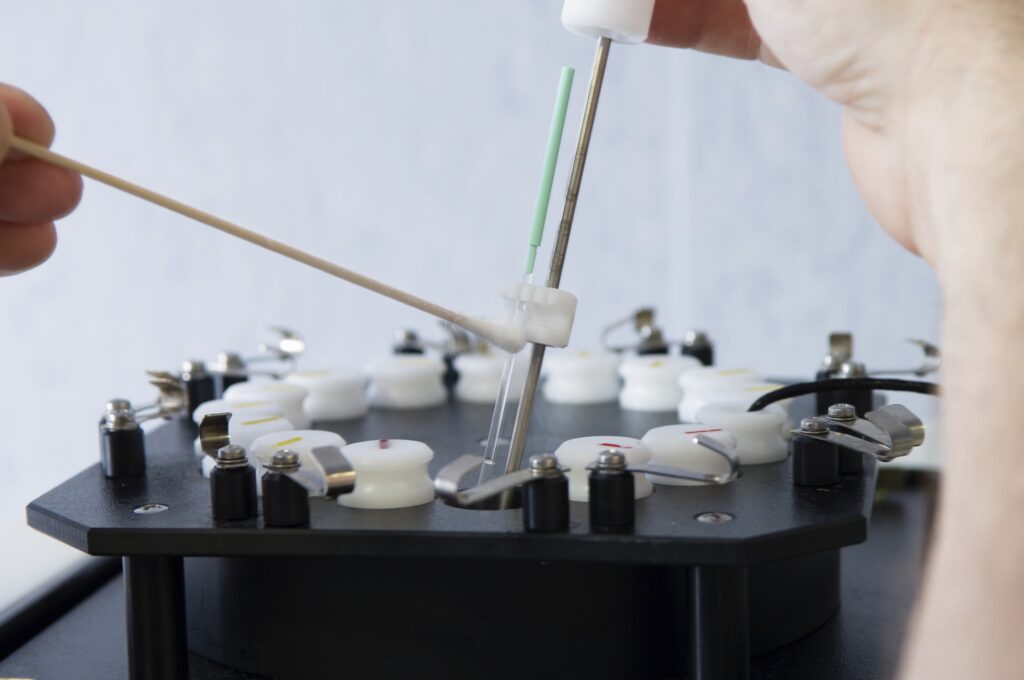Stem Cell Awareness Day: Major Research Center’s Quest for Cures Uses Ethical Sources Only
Recently, numerous research facilities, both public and private, marked “Stem Cell Awareness Day,” holding lectures, issuing statements and highlighting ongoing progress in the field of regenerative medicine.
Among those participating was the University of California, Davis, one of the country’s leading institutions for stem cell research and regenerative medicine. Writing in her local newspaper, the Davis Enterprise, Jan Nolta, the director of the Stem Cell Program at the UC Davis School of Medicine, highlighted the program’s “numerous novel clinical trials ongoing and in the pipeline” and its 16 disease teams testing stem cells to treat the following:
“peripheral vascular disease; heart disease; organ bioengineering and regeneration for liver, lung, bladder and kidney; blood disorders including leukemia; immune system disorders including HIV; restoration of hearing and sight; bone repair and cartilage regeneration; studying cancer stem cells to prevent relapse; skin repair including burns and non-healing ulcers; neurodevelopmental disorders including fragile X and autism spectrum-related disorders; and neurodegenerative diseases including Huntington’s disease, Alzheimer’s disease, Parkinson’s disease and ALS or Lou Gehrig’s disease.”
That is an impressive and ambitious list and success in treating even one or two of these diseases and conditions would benefit millions worldwide.
And from an ethical point of view, it is also impressive in that the clinical trials and disease teams at UC Davis are using ethically non-contentious adult and other non-embryonic sources of stem cells in their quest for cures.
The UC Davis Medical School’s website lists three clinical trials, for retinal occlusion, heart attack and peripheral vascular disease. All three are utilizing adult stem cells, not embryonic stem cells.
Similarly, of the 12 disease teams featured on the website, all of them are using adult stem cells and other sources of non-embryonic stem cells to treat such diseases and conditions as Huntington’s, spina bifida, HIV and chronic diabetic wounds.
Over the years, UC Davis has been a major beneficiary of grants from the California Institute for Regenerative Medicine (CIRM).
As previously noted on this website, CIRM was founded just over a decade ago specifically to give funding priority to research using human embryonic stem cells (hESCR). In its early grants, CIRM was true to this mission and the overwhelming number of grants and money awarded went to hESCR.
Yet as also detailed on this website, over the years more and more CIRM grants and money have gone to research programs using adult and other non-embryonic sources of stem cells (here and here), in particular, to research utilizing induced pluripotent stem cells (iPSCs).
The fact that such a major center for regenerative medicine as the UC Davis School of Medicine should rely so heavily on adult and other non-embryonic stem cells in its pursuit of cures is powerful testimony to the therapeutic promise and documented success of ethically non-contentious adult stem cell research and validates the long-standing contention that science need not kill to produce a cure.
Gene Tarne is Senior Analyst for the Charlotte Lozier Institute.

























